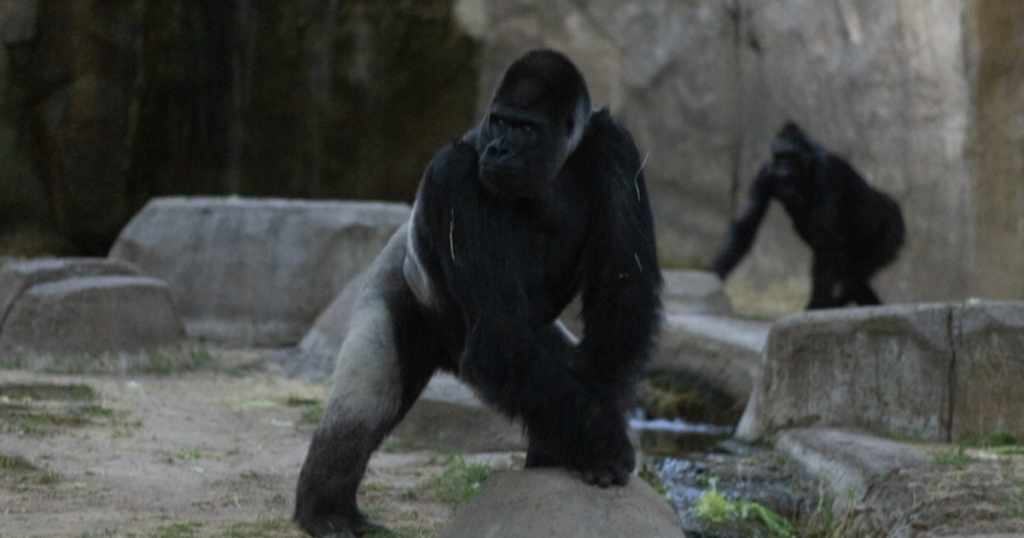Scientists and zookeepers across various zoos in the United States observed the behavior of animals during the recent total solar eclipse. The rare occurrence of a total eclipse provided researchers with a unique opportunity to study how animals react to this phenomenon. At the Fort Worth Zoo in Texas, animals such as giraffes, gorillas, lions, and lemurs exhibited increased signs of vigilance and curiosity but did not show signs of anxiety or nervousness. The animals returned to normal behavior shortly after totality passed.
During the eclipse, several animals at the Fort Worth Zoo made their way towards their barns, where they usually go at night, as the skies darkened. This included species like giraffes, elephants, bonobos, and gorillas. In addition, nocturnal animals like the ringtail cat and owls displayed increased activity during the day. At the Dallas Zoo, giraffes and zebras were seen running around, while chimpanzees patrolled their habitat and ostriches laid eggs. Flamingos and penguins huddled together, and birds exhibited unique nighttime behaviors.
At the Indianapolis Zoo, birds such as macaws and budgies became silent and roosted up high during the eclipse, demonstrating nighttime behavior. Cheetahs and a warthog at the zoo displayed behaviors typically seen in the evening, with cheetahs pacing at the highest point of their yard and a warthog waiting at its back gate. The Philadelphia Zoo, though not on the path of totality, allowed visitors to observe animals during the partial eclipse and note any changes in behavior. The majority of the animals at the zoo seemed unaffected by the partial eclipse.
Researchers previously studied zoo animals during the 2017 solar eclipse and published a study in 2020 documenting the behavior of 17 species at the Riverbanks Zoo in South Carolina. Around 75% of the species exhibited some form of change in response to the eclipse, showing behaviors typically seen during the evening or at night, as well as signs of anxiety. With the next total eclipse in the United States not expected until 2044, researchers are unlikely to have another opportunity to study animal behavior during a total eclipse for several decades.
In conclusion, the recent total solar eclipse provided researchers, scientists, and zookeepers with a rare opportunity to observe how animals react to this natural phenomenon. The diverse behaviors displayed by animals at various zoos across the country during the eclipse offer insights into their responses to sudden changes in their environment. Studying animal behavior during events like solar eclipses helps expand our understanding of how animals perceive and respond to unfamiliar occurrences, shedding light on their instincts and adaptations to various environmental factors.


